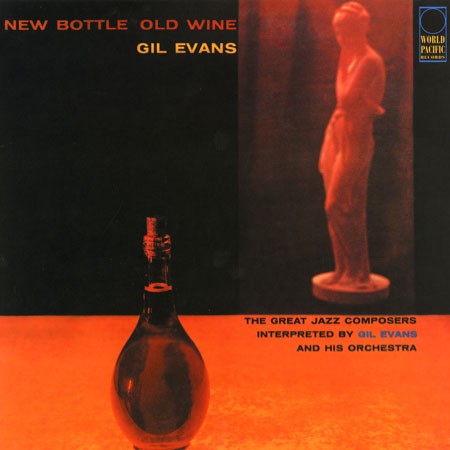My response this week is on Kathleen Blake Yancey’s “Made Not Only in Words: Composition in a New Key” because I had a headache with Cheryl Ball’s “Show, Not Tell: The Value of New Media Scholarship”.
The latter mentions the growing difficulties for teachers in our field to gain tenure position through limited publication possibilities, which is also true in China because you have to get well-known first to be able to publish. Besides, you have to spend your own money to get any book published unless you are really a big potato and publishers grab your name as an advantage to boost their business. Although the concept of “tenure” does not exist in Chinese universities, public universities do give their employees the right to prolong their contracts as long as they are willing to do so. Private universities, however, only give such a priority to those executive celebrities and famous professors or experts because they need their fame to run the business. However, publication of books and papers with big publishing houses and big magazines remains a huge challenge to teachers in the humanities, especially in the Departments of English. We have fewer professional magazines in China that can be seen as the “right places” that will make you a professor. Most teachers cannot become professors before their retirement. Competition is fierce, and a high percent of university teachers end up with associate professors or even lecturers.
Yancey’s “new key” for rhetoric and composition at this “moment” is to embrace multi-literacies that have been enabled by digital revolution. She tries to search a definition of composition in this new world permitted with multi-literacies. She suspects school education’s function on composition because her own experience is one that proves the unfruitfulness of classroom writing assignments(297-299). Her nineteenth century example illustrates the similar change today brought forth by digital revolution as compared to the what drastic changes the Industrial Revolution brought to novel writing and people’ life(299-301). She believes that the future of education is connected to the future of the English Departments because composition is a vital component of higher education(302-305) owing to its broad connection to global and social concerns. Situating the development of English Departments and the discipline of rhetoric and composition, she traces history while envision the future of writing(305-306), which, according to her opinion, will be a future that increasingly combine print and the digital technologies to enable multi-genres(307).
While facing such a future, Yancey lists three changes in our field: “Develop a new curriculum; revisit and revise writing-across-the-curriculum efforts; and develop a major in composition and rhetoric”(308). She claims that the broadened arena of rhetoric and composition embraces mani-fold writing possibilities rather than compartmenting knowledge(308). Her model of composition: “Circulation of composition, cannons of rhetoric, deicity of technology”(311-312) because they easily help us on an epistemology that both inherit the canons and corporate technological advantages. Peer review is important to our composition process because students are the living literature. Her original citation is “on-going compositions”(312). The combination of technology and the canons can be seen as “ole wine in a new bottle.” When emphasizing multi-genres, Yancey also encourages instruction of registers and genres to students by a comparison between journal article and newspaper writing (313). I think this is brilliant because most of the time students’ writing fall into the latter category, an obvious influence of mass media on writing. This task of teaching students proper genres and registers is urgent. I still remember in one session of our discussion Anderson talked about students’ unawareness of curtesy in emails, which is highly relevant to their digital life: instant messages, tweets, etc.
I found the interrelationship among the five canons fascinating. I was thinking about this these weeks and I finally found the authoritative quote here! This will be helpful to my study on comparative rhetoric(316-317). Whereas delivery is considered as the core of the five cannons in text, instruction, public extra-curricula, each one of the other canons also play the role of the leader under certain and different circumstances.
Yancey’s “deictic” definition of literacy(318) reminds me of thinking interface as a transformer. They both are, which reminds me of the context that relates to the theme of next ATTW conference—the myth of “high-context” and “low-context.” Yancy mentions Selfe’s connection for technology and literacy that technology should be paid due attention to because it teaches us new literacies(319). This is an idea at the beginning of our readings that constitutes the foundation of our course. I really like her idea of “writers use technology rhetorically” and “writing, by its very nature, encourages abstraction”(319). She incorporate other evidences such as “new composition includes rhetoric and is about literacy”(320) to elaborate that our challenge of multi-literacies, expertise with technologies, and so on demand us to recognize the intertextuality between school education and social education both in the print and on the screen(320). Such an unprecedented cross-disciplinary possibility for teachers, students, and other people alike pushes us to learn more and try to adapt the changes rather than dreaming to reverse history. When she mentions “global, educational, technological changes” at the end of her paper(321), I feel huge pressure as a reader although I know what I should do. It is really a long way to go. I mean, people are having double majors, there are even IT experts with a degree in English. How do I survive the rest of my life?

